These gas pump habits may seem harmless, but they're likely costing you money every time you fill up.
Bad Gas Pump Habits That Cost You Hundreds Each Year
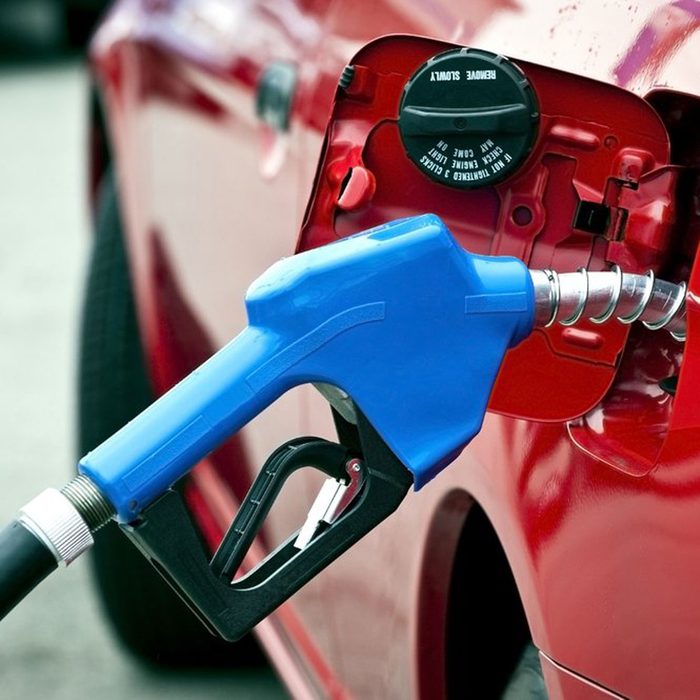
Topping Off
Topping off your tank when fueling up might not seem like a big deal, but it’s one of the most common mistakes people make at the gas pump.
“Odds are the gas is going to puke back and spill, so you just threw money on the ground to be able to drive 10 more miles, assuming you drove your car till the fuel tank was empty, which no one does,” says Chris “Moose” Pyle, an automotive expert with JustAnswer.
More importantly, over-fueling can damage your car. “If you overfill the tank, the EVAP system could ingest liquid fuel,” says Pyle. “This will damage the EVAP system, and it will make your car run poorly as the EVAP system tries to purge the fuel out of the canister.”
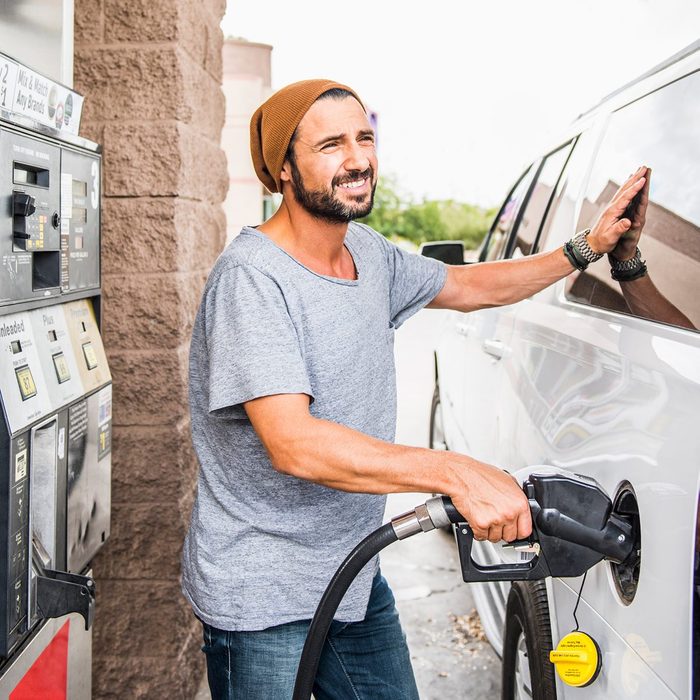
Fueling on the Wrong Day
Gas prices fluctuate depending on the day of the week. The beginning of the week typically has cheaper gas prices compared to the weekend. So if you’re starting to get low on gas, don’t wait until Friday or Saturday to fuel back up.
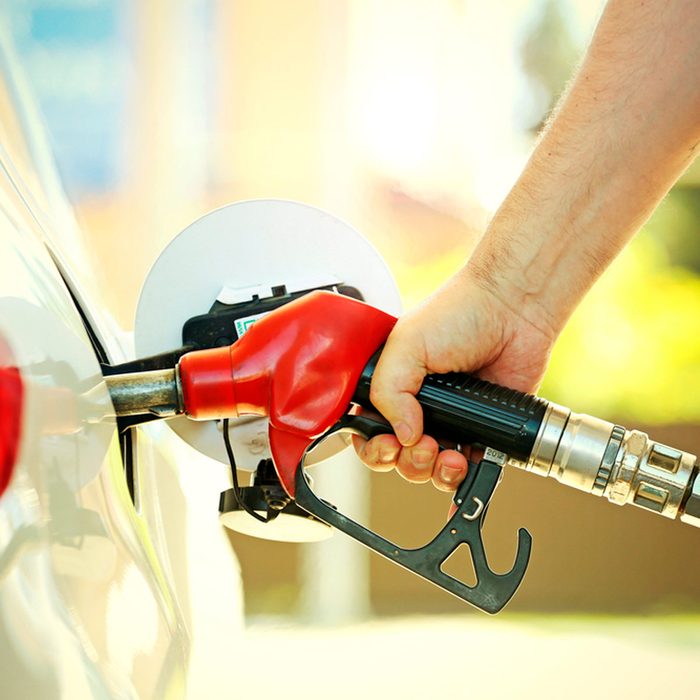
Not Going to the Cheapest Station
It may be more convenient to go to the gas station nearest your house, but that doesn’t mean you’re getting the best deal. There are a wide range of gas price apps and websites to help you locate the cheapest gas in your area.
“While it’s a good idea to shop around for the best-priced fuel, keep in mind it is not a good idea to go too far out of your way to get it,” says Pyle. “Your savings are likely going to be lost in the one gallon you used to get there and back.”

Overlooking Loyalty Programs
Major gas chains like Circle K, Exxon Mobil, Shell and others offer fuel reward programs that can save you money when you fuel up. If you regularly get your gas at the same station, this might be a good option for you to consider.
“Getting 5 to 10 cents off per gallon adds up,” says Pyle, “but buy gas and gas only. Do not go into the store, as you likely do not need those chicken fingers, that energy drink, or a peanut butter cup. Eat healthier and save the money for a nice dinner with your spouse or family.”
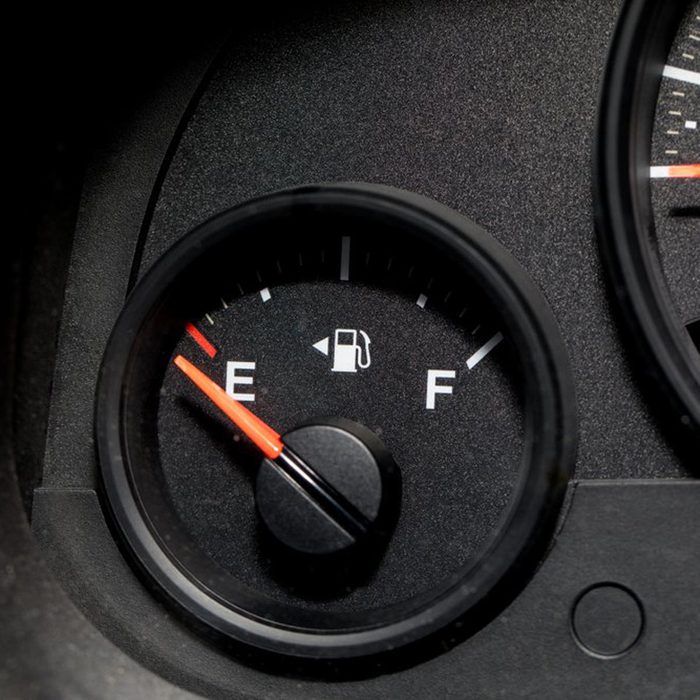
Waiting Too Long to Fuel Up
You should never wait until your gas light comes on to refuel your car. Driving near empty leaves you at risk of being stranded. And running out of gas can damage your vehicle’s fuel pump over time.
Also, find out what happens when gas gets old and what you can do to ensure your engine is running efficiently.
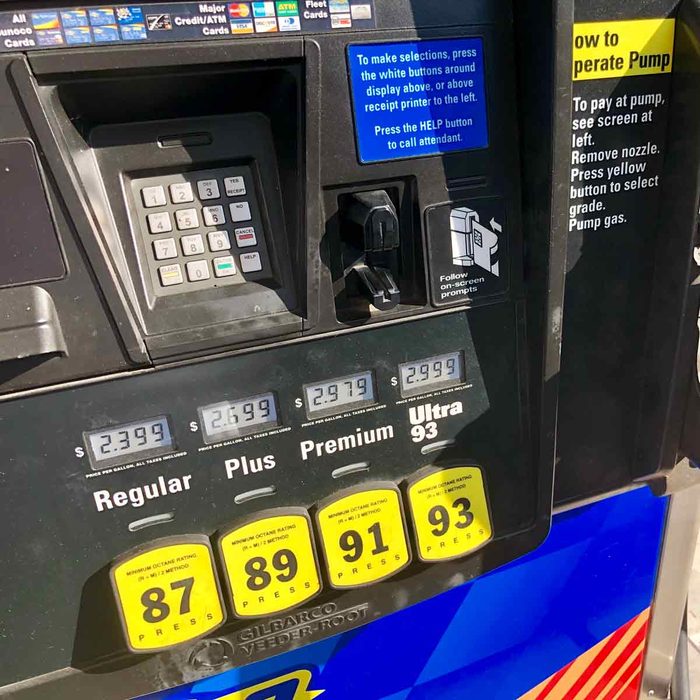
Buying Premium Gasoline
Premium gasoline can cost 30 percent or more than regular gasoline. That extra cost is often without any added benefit. In fact, drivers wasted more than $2 billion on premium gasoline in 2015, according to AAA.
“Premium fuels are not a necessity unless your car manufacturer specifies it,” says Sam. “Otherwise, most cars are designed to run on regular gas, and it is better to continue that practice to keep your wallet happy.”
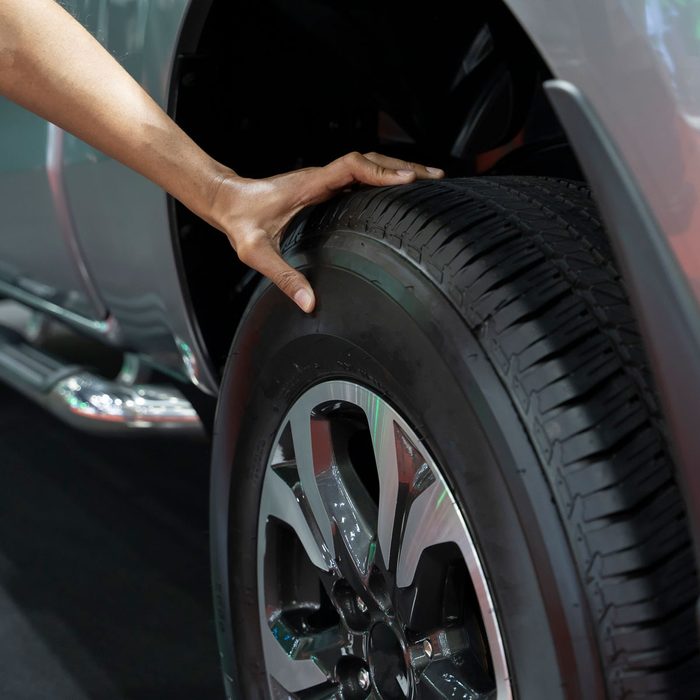
Not Inflating Tires Properly
Inflating tires at a gas station usually costs money, but it’s still a good idea to check your tires when fueling up and adding air if needed. Driving with under-inflated tires will greatly depreciate your gas mileage.
“Less inflation means more rolling resistance, making the engine work harder and causing it to burn extra fuel,” says Sam. “A rightly inflated tire can increase gas mileage in the range of 0.6% to 3%, according to the US Department of Energy.”
Under or over-inflated tires will also wear faster, costing you more money in the long run. To find the optimal tire pressure for your car, check the tech spec plate inside the driver’s door jamb or your owner’s manual.
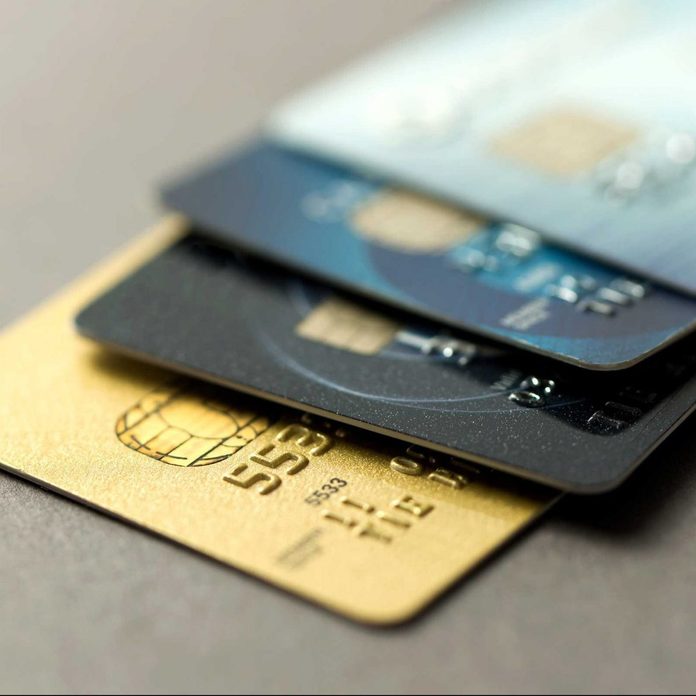
Not Using a Rewards Credit Card
Many credit cards allow you to choose perks that work best for you, like cash back incentives at gas stations and grocery stores. Check what yours offer.
About the Experts
- Chris “Moose” Pyle is a master-certified technician with 20-plus years of automotive experience. He has also worked as an expert for JustAnswer since 2006, where he answers hundreds of car maintenance and repair questions a day.
- Sara Sam is a senior writer and auto expert with the Way.com auto app.


















